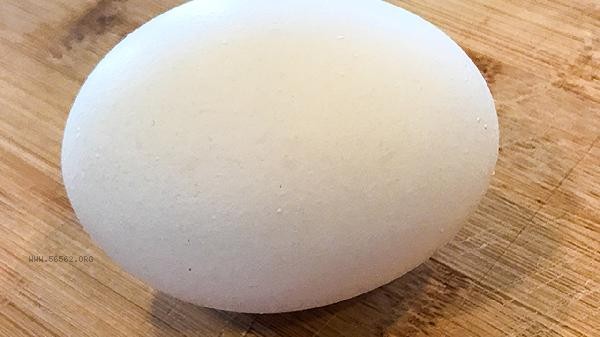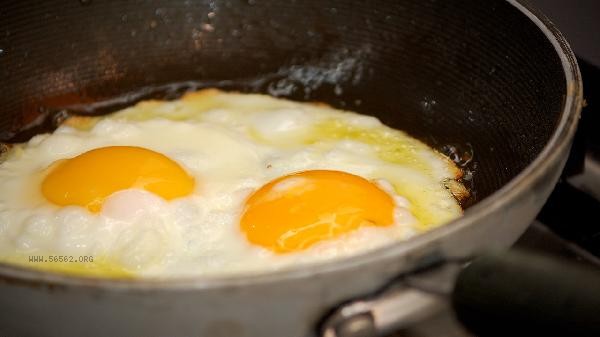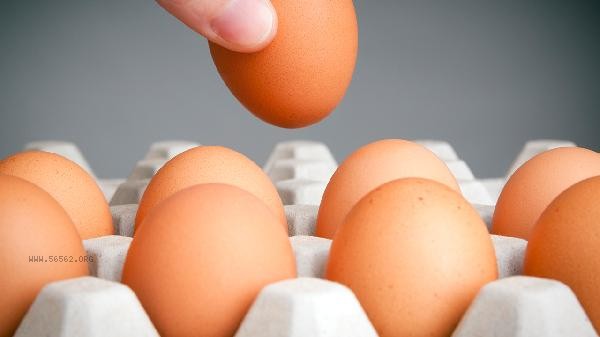The main methods for cooking eggs correctly include putting them in cold water, controlling the heat, timing, cooling treatment, and peeling techniques.

1. Boil eggs in cold water
Eggs should be directly placed in cold water to start heating, to avoid cracking the eggshells when boiling in hot water. The water should completely submerge the eggs, and a small amount of salt or white vinegar can be added to help the egg whites solidify. Using a thick bottomed pot for more uniform heating reduces the risk of bursting caused by local high temperatures.
2. Control the heat
After boiling on high heat, immediately turn to low heat to maintain a slight boiling state. Intense boiling can cause eggs to collide and break violently. It is recommended to adjust the power of the induction cooker to 800-1000 watts, and keep the flame of the gas stove within the range of the pot bottom. During the cooking process, gently shake the pot to center the egg yolk.
3. Timing
Start timing after the water boils. Soft boiled eggs take 4-5 minutes, and fully cooked eggs take 8-10 minutes. For every 300 meters increase in altitude, the cooking time needs to be extended by 1 minute. Using a timer for precise control, exceeding 12 minutes will result in the formation of grayish green ferrous sulfide on the surface of the egg yolk.

4. Cooling treatment
Immediately soak the eggs in ice water for 3 minutes after turning off the heat. A sudden temperature difference can cause the egg film to shrink, which is beneficial for peeling. When rinsing with flowing cold water, gently roll the egg by hand. Be aware that low water temperature may cause residual moisture inside the eggshell and affect storage.
5. Shell peeling technique
Start peeling from the end of the air chamber under flowing water, and press the eggshell with the thumb to produce cracks before peeling off. Fresh eggs can be lightly tapped and rolled on the table to create a mesh like crack on the shell. After peeling, check if the egg white is intact, and any remaining eggshells can be removed by sticking them with wet fingertips.

It is recommended to consume boiled eggs within 2 hours or store them refrigerated for no more than 3 days. Pairing with black pepper or soy sauce can enhance the flavor, but hypertensive patients should control the addition of sodium salts. Eggs are rich in high-quality protein and lecithin, and it is recommended to consume 1-2 per day. Those with high cholesterol can reduce their intake of egg yolks. Choose fresh eggs with clean and crack free surfaces, and store them with the air chamber facing upwards to extend the shelf life. Boiling egg water can be used to water alkali loving plants and achieve resource recycling.









Comments (0)
Leave a Comment
No comments yet
Be the first to share your thoughts!